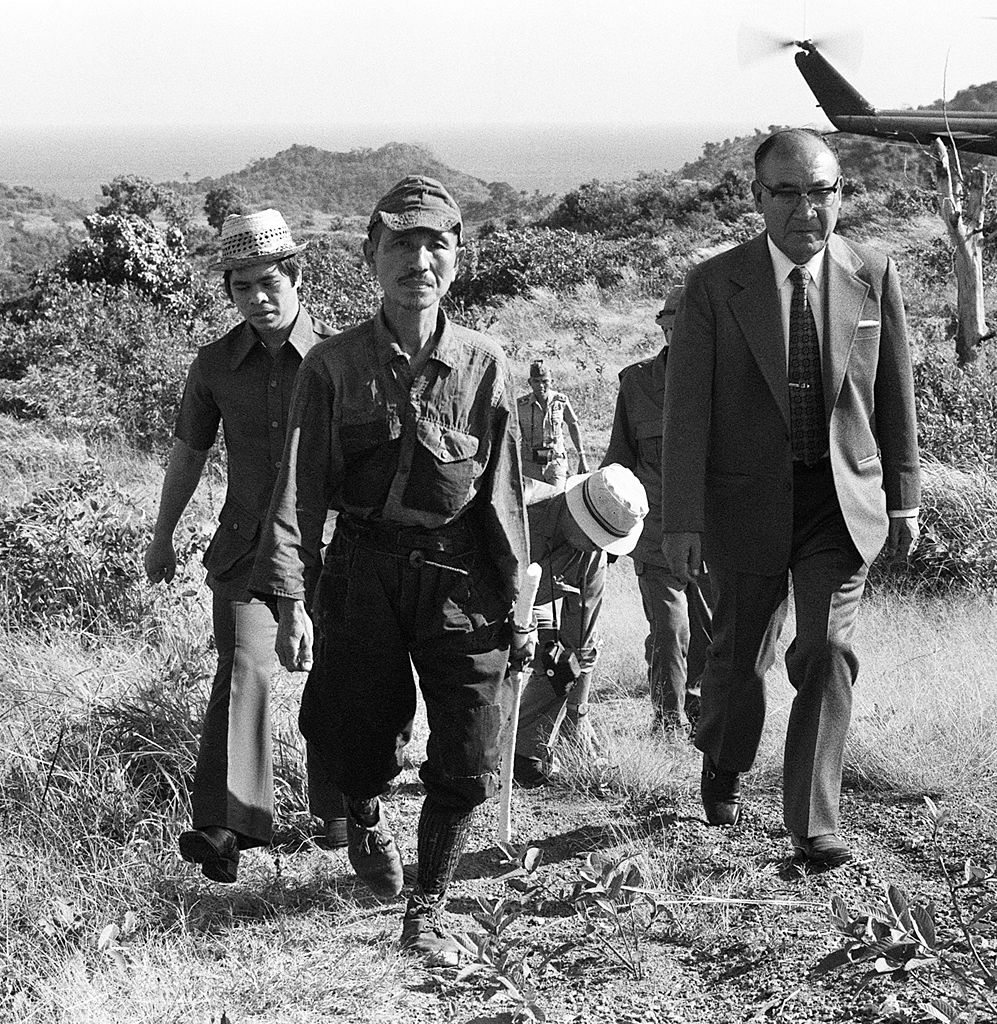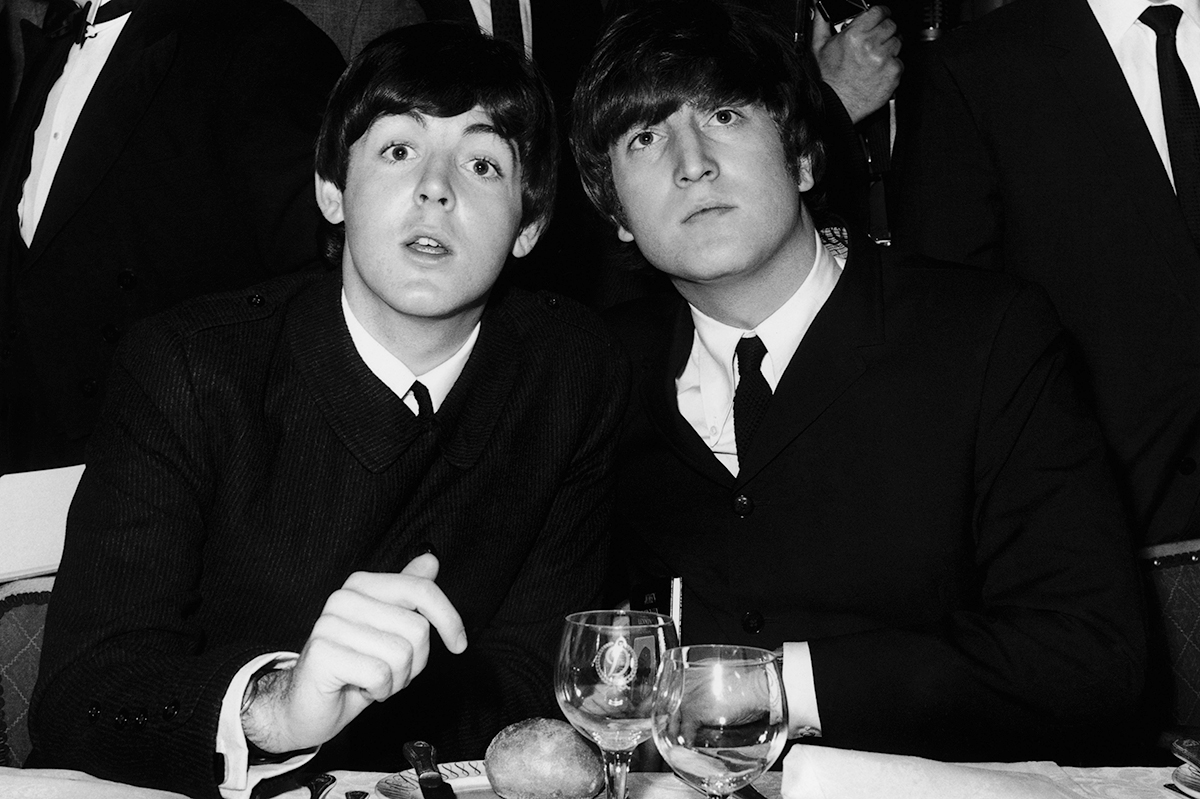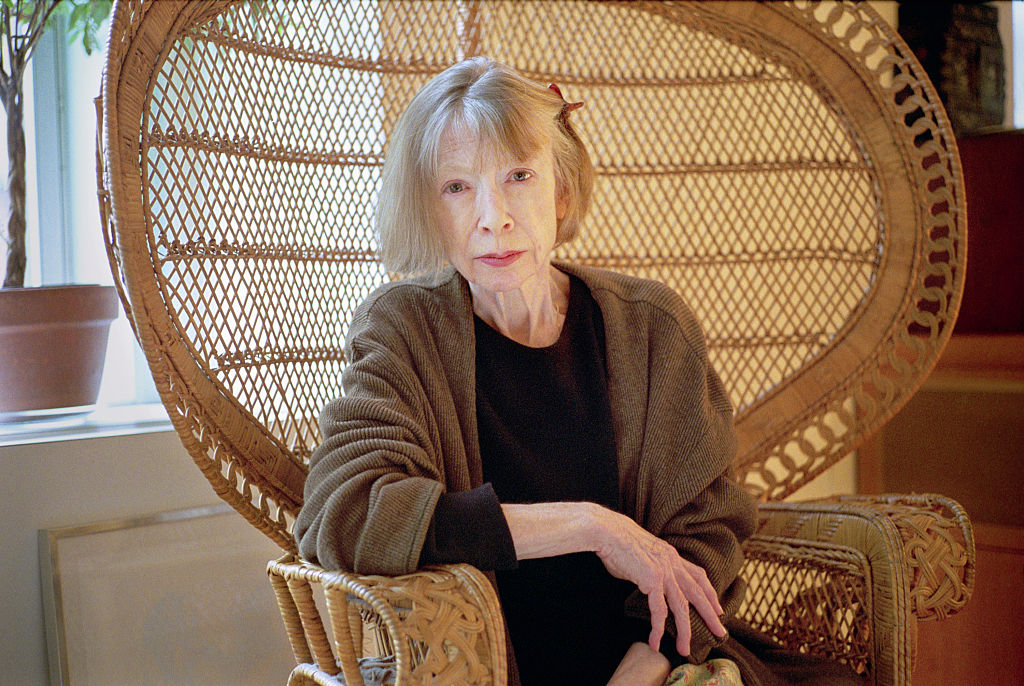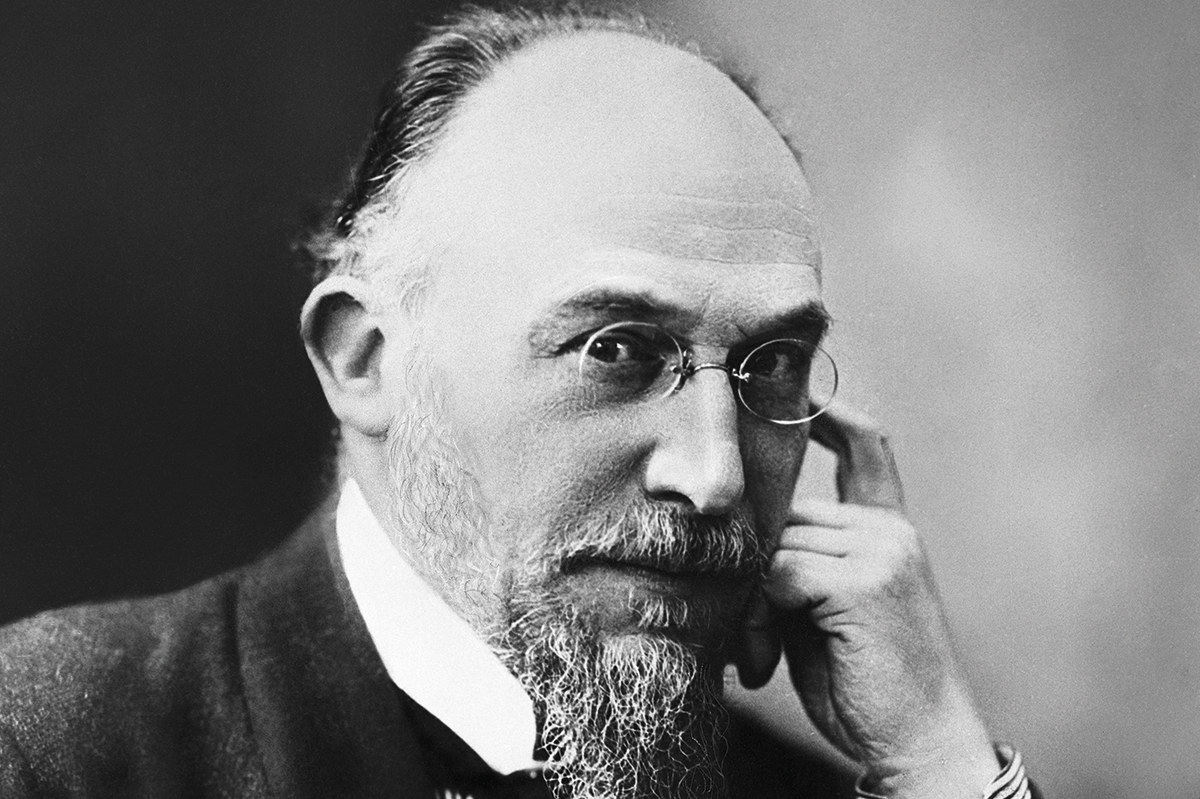The director Werner Herzog’s first novel, The Twilight World, occupies quintessential Herzogian territory. Those familiar with his films will recognize the themes: man’s insignificance in the face of a totally implacable nature and his overweening ambitions to surmount this failure. Futility and pride are locked together in hallucinatory, self-destructive cycles. His film Fitzcarraldo, for example, demonstrated the real-life attempts of a rubber baron to transport a steamship over a mountain in Peru. Grizzly Man, meanwhile, documented the sad life of a man who had made his home among bears. It doesn’t end well. (Those readers who haven’t the time to get to know his work may wish to find “Werner Herzog” reading Curious George on YouTube — a delightful parody of his style.)
Herzog is fascinated by extremes of human behavior, and particularly patterns of honor and inheritance. Here he turns his questing attention to Hiroo Onoda, a Japanese soldier left on Lubang, an island in the Philippines, in order to defend it in World War Two. He stayed there for decades, unaware — or unwilling to accept — that the war had ended. So interested in Onoda’s story is Herzog that, when in Japan, he refuses an invitation to meet the Emperor Hirohito, asking instead for Onoda. He may have missed a trick here: the emperor, occupant of the Chrysanthemum Throne, lonely and lost inside a system he cannot change, would undoubtedly provide a fascinating subject.
Onoda’s story is constructed in the same way as a screenplay, told in the present tense, and in discrete, vivid scenes. Sometimes this can be a little jarring, as when it feels as if we are reading instructions for directors: “Major Taniguchi and Onoda, thirty years his junior, in the shade of an empty hangar. Onoda, standing at attention, is receiving orders from his superior officer. The major is formal.”
But most of the time, it works. When we first meet Onoda, he is completely camouflaged, emerging from the jungle in order to deflect Norio Suzuki, a student who’s camping there. Suzuki is disaffected with life: “I could see my whole future mapped out ahead of me, every step of the way to retirement and pension.” He set out to find “In that order, Onoda: yeti, panda.” Onoda has attained mythic status. He provides an object of fascinating interest for the Japanese at home. Humiliated by the war, their emperor no longer a god, and shamefacedly embracing consumerism, they fixate on him as an exemplum of nobility. They make every effort to bring him back, even sending his own brother, who paces the island for a fortnight, calling out his name with a megaphone.
But Onoda believes it all to be trickery of the American enemies. Herzog demands we consider other perspectives. How can we be sure that our senses are telling the truth? If you take Onoda out of the jungle, will he still be Onoda? Time collapses and expands on the island.
Beginning with a handful of men, Onoda ends alone. Their lives become dreamlike, existing outside the usual temporal frameworks. They deal with the problems of the jungle, such as fire ants and the pervasive damp. Onoda conceals his samurai sword, which has been in his family for centuries. He digs it out every year and looks after it by applying palm oil he has distilled himself: a beautiful image of his dedication.
Minor matters, such as the positioning of a piece of chewing gum left behind on a bridge, become massively important. The relationship between him and another soldier, Kozuka, is well drawn. The two are fossilized into the roles of commander and subordinate. When Onoda jokingly suggests that Kozuka take command for the day, the latter is unable to do so, and Onoda reasserts himself almost at once. Onoda’s rigid self-discipline is a thing to behold. And yet there are some lighter moments, handled beautifully, such as when they discover a radio and listen to a horse race. But the radio is a sign of things to come, and when Onoda returns to Japan, he is appalled by its descent into materialist culture. He immigrates to Brazil, where he sets up a cattle ranch. Only here, among his beasts, is he secure.
This is a very slim work — an expensive one, too, judged by cost per page — and there are certainly sections where one wishes that it were written by a more experienced novelist. It would have been good to gain more of Onoda’s interiority, of his sense of himself as lone defender of Empire. One or two troubling moral questions are rather glanced over, like the attacks he and his men make on the local population, which result in deaths.
Part of the reason for Onoda’s denial is that he keeps seeing warplanes flying by. He believes that they are all part of the same war, not aware of the new conflicts in Korea and Vietnam. And reading this work, one can’t help but think that maybe he has a point. The Twilight World is fierce, bleak and haunting, and it will transfer with ease into an excellent film.
This article was originally published in The Spectator’s June 2022 World edition.

























